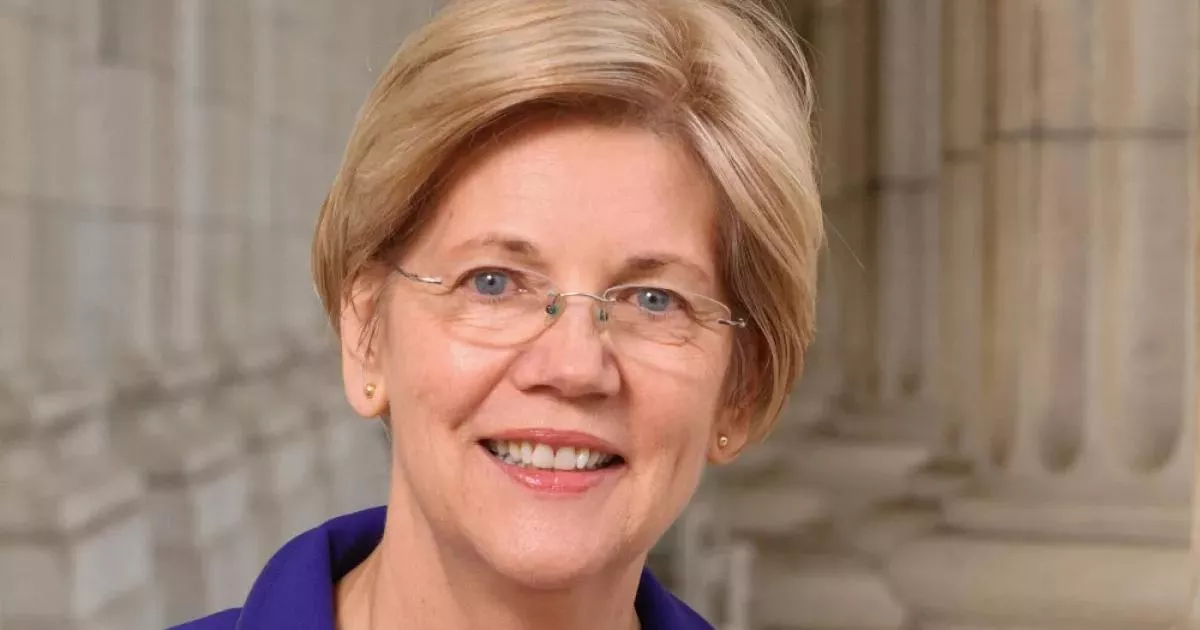A closer look at the defining struggles that shaped Elizabeth Warren's life and career.
Elizabeth Warren is a prominent American politician and the senior U.S. Senator from Massachusetts since 2013. As a Democrat known for her progressive views, she champions consumer protection, economic equality, and social welfare programs. Warren gained national attention as a 2020 presidential candidate, where she advocated for significant reforms. Before entering politics, she was a distinguished law professor specializing in bankruptcy. Her policy proposals and advocacy have positioned her as a leading voice in contemporary American political discourse, particularly on issues of economic fairness and corporate accountability.
2005: Bankruptcy Act Opposition
In 2005, an act restricting bankruptcy access for individuals, which Elizabeth Warren had opposed since 1995, was passed.
2005: Bankruptcy Abuse Prevention and Consumer Protection Act Passed
In 2005, despite Elizabeth Warren's opposition, Congress passed the Bankruptcy Abuse Prevention and Consumer Protection Act of 2005, which curtailed consumers' ability to file for bankruptcy.
2008: Critical of the Obama administration's response to the 2008 financial crisis
Elizabeth Warren had been critical of the Obama administration's response to the 2008 financial crisis.
January 2012: Cordray Appointed to CFPB
In January 2012, President Obama appointed former Ohio attorney general Richard Cordray as the director of the CFPB in a recess appointment, due to concerns that Elizabeth Warren could not win Senate confirmation.
March 5, 2020: Withdrew from Presidential Race
On March 5, 2020, after Super Tuesday, Elizabeth Warren withdrew from the 2020 United States presidential election.
2020: 2020 Presidential Campaign
In 2020, Elizabeth Warren was a candidate in the Democratic Party presidential primaries, finishing third after Joe Biden and Bernie Sanders.
Mentioned in this timeline

Donald John Trump is an American politician media personality and...

Bernie Sanders is a prominent American politician currently serving as...

Bill Clinton the nd U S President - served as...

Barack Obama the th U S President - was the...

Alexandria Ocasio-Cortez AOC is a prominent American politician and activist...

Hillary Diane Rodham Clinton is a prominent American politician lawyer...
Trending

30 minutes ago Shaq Reveals Phil Jackson's Motivation Tactics; ESPN Changes 'Inside the NBA' Lineup.

30 minutes ago Jaden Ivey sidelined for weeks with knee soreness; Bulls confident on recovery.

30 minutes ago AJ Dybantsa: Potential $100 Million NBA Prospect, 2026 Mock Draft Predictions Emerge

31 minutes ago Kevin Durant praises Jabari Smith Jr. as a cornerstone for Rockets' small-ball.

1 hour ago Mikey Musumeci fires back at Dillon Danis after opponent mocking.
1 hour ago US grants Serbia sanctions waiver for NIS oil firm until March 20, 2026.
Popular

Jesse Jackson is an American civil rights activist politician and...

Barack Obama the th U S President - was the...

Bernie Sanders is a prominent American politician currently serving as...

Ken Paxton is an American politician and lawyer serving as...

Michael Joseph Jackson the King of Pop was a highly...
WWE Raw a professional wrestling television program by WWE airs...
